10 Novels Guaranteed to Build Your Faith
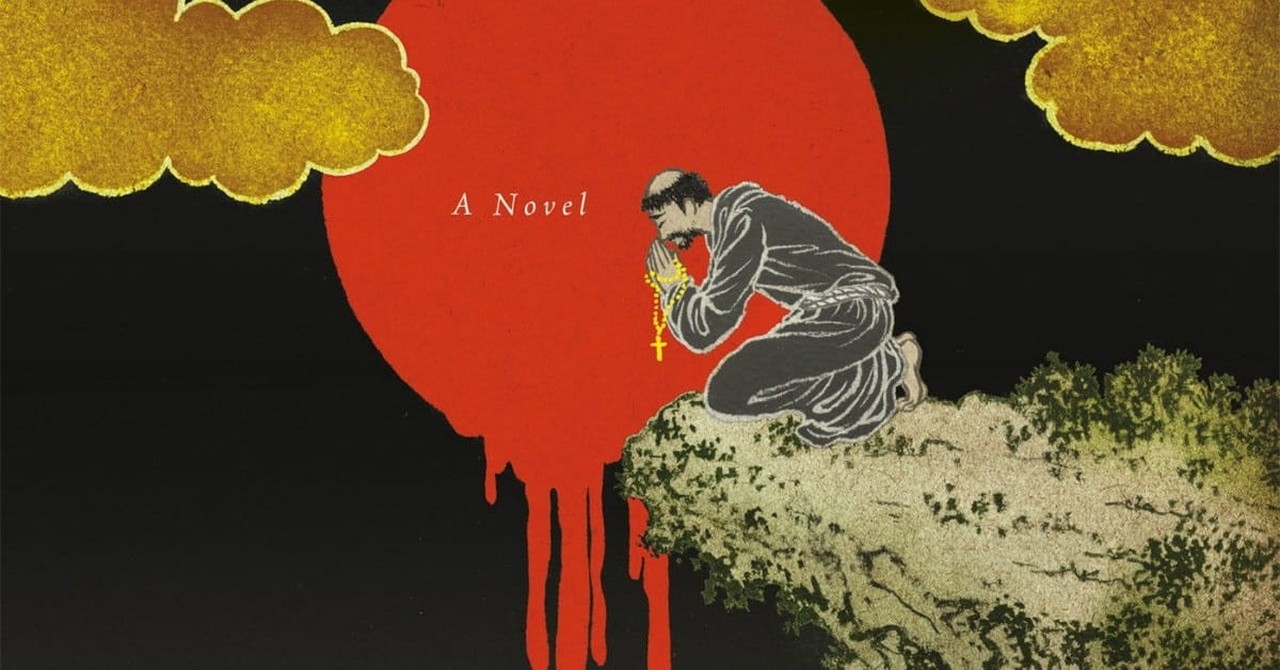
A good novel has the potential to reveal more about God than a hundred sermons on theology. That’s probably why Jesus spoke so frequently in parables. These brief stories had the ability to take complex spiritual truths and break them down into a message audiences could understand. How does one describe God’s restless pursuit of humanity? Why not compare it to a lost sheep (Luke 15:1-7), a shepherd would certainly know that feeling. And what about the Kingdom of Heaven? Why, it’s a pearl of unimaginable value (Matthew 13:45-46).
The following books may not have the brevity of Christ’s parables, but they’re all built on the same ideal. Each one looks at subjects of faith, suffering, hope, belief, and helps the reader see them from a different point of view. Not to mention they take their reader on fascinating journeys beyond imagination. If you’re a Christian looking to expand your theology, here are 10 novels you’ll want to keep on your bookshelf.
Editor’s Note: For the sake of greater diversity, this list will be limited to one book per author.
1. "The Lion, The Witch, and the Wardrobe" by C.S. Lewis
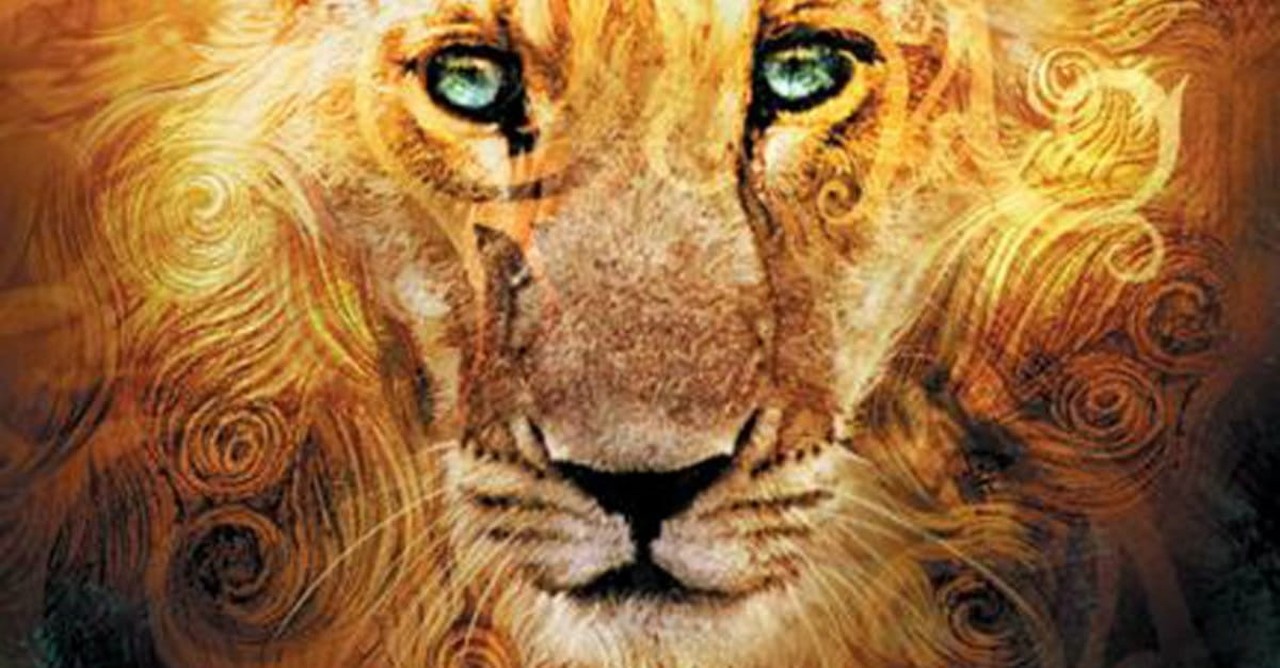
1. "The Lion, The Witch, and the Wardrobe" by C.S. Lewis
SLIDE 1 OF 10
This entry should come as no surprise to anyone. Often considered one of the greatest Christian novels in existence, not to mention one of the best fantasy books of all time, The Lion, The Witch, and the Wardrobe is ripe with symbolism, commentary, and wonder. After the four Pevensie children are magically transported to the world of Narnia, they discover their arrival signals the beginning of a prophecy which promises the return of Aslan and the downfall of the tyrannical White Witch. There’s enchantment, narrow escapes, pitched battles, and even a visit from Santa Clause.
Ultimately though, The Lion, The Witch, and the Wardrobe is best remembered as a metaphor for the gospel. Salvation, redemption, and grace are all on display throughout this story, and the emotional impact is hard to forget. It’s a beautiful book, and one which shouldn’t go unread.
2. "The Hobbit" by J.R.R. Tolkien

2. "The Hobbit" by J.R.R. Tolkien
SLIDE 2 OF 10
While not as groundbreaking or iconic as his Lord of the Rings trilogy, J.R.R. Tolkien’s The Hobbit managed to convey a number of fairly noteworthy themes in a small amount of space. For starters, the story of a mild-mannered Hobbit who sets out on a grand adventure with twelve dwarves has much to teach readers about the perils of greed and selfishness. Bilbo is often seen as the lone voice of contentment, reminding his company that good food, song, and companionship should always be valued above horded gold. Furthermore, there are strong themes of fellowship, and how all of us are part of something much bigger than ourselves.
If you’re looking for an encouraging story about the power of small virtues, or simply need a vacation from the real world, The Hobbit will serve as the perfect guide. And really, who could say no to such an adventure?
3. "The Wise Woman" by George MacDonald
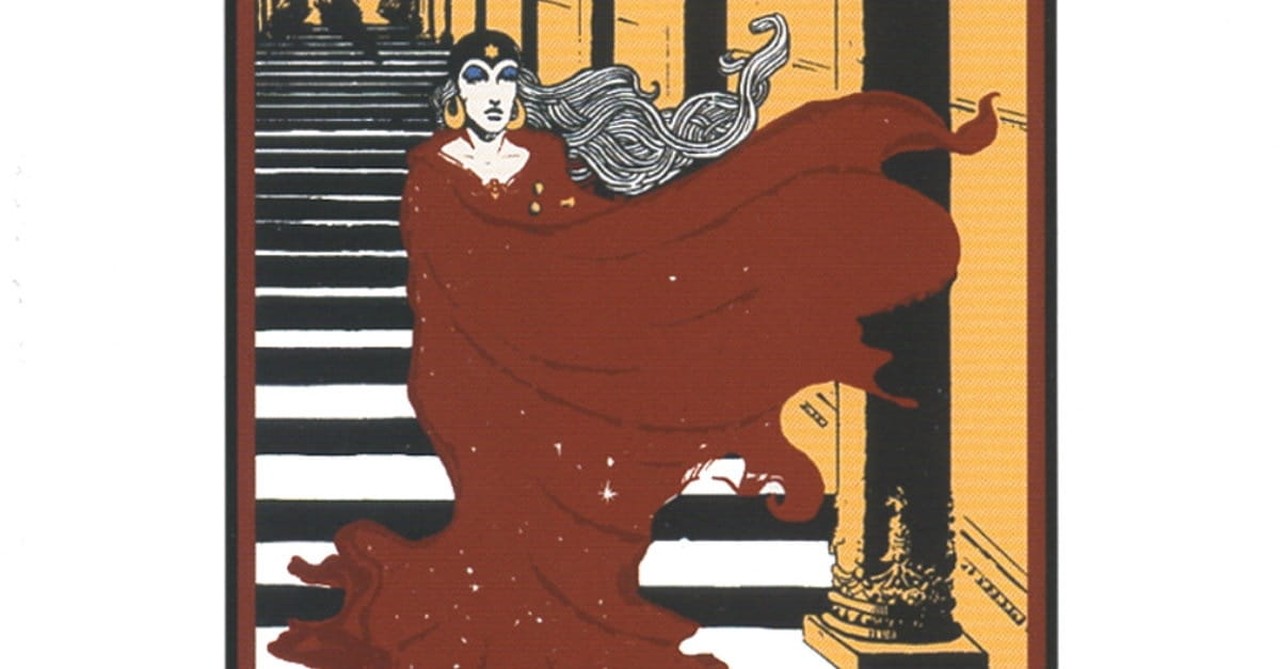
3. "The Wise Woman" by George MacDonald
SLIDE 3 OF 10
George MacDonald was one of the earliest pioneers of Christian literature, and frequently cited as a major influence by such authors as C.S. Lewis, J.R.R. Tolkien, and G.K. Chesterton. As with many of the people on this list, MacDonald produced a number of great books worth reading, but The Wise Woman (also known as The Lost Princess) truly stands apart. The story revolves around a spoiled princess who is taken in by a Wise Woman and taught the importance of kindness, empathy, respect, and hard work. The narrative also contains shades of Christian faith, which MacDonald was fond of sharing in his writings.
The Wise Woman serves a practical guide to parenting, but it goes further by teaching readers how to be good Christians. Too often believers substitute hospitality and understanding for proud words and vain conceit. The Wise Woman demonstrates that God has a better way.
4. "Silence" by Shūsaku Endō

4. "Silence" by Shūsaku Endō
SLIDE 4 OF 10
Silence is a difficult book for Christians. The plot revolves around a pair of Jesuit priests who go searching for their mentor in 17th-century Japan. Upon arrival, they discover a country which has all but stamped out the Christian faith through brutal torture and execution. Though the priests and some locals continue to hold fast to their beliefs, the sheer cruelty of their persecution begins to take its toll. Ultimately, the main character is forced to grapple with the spiritual and psychological implications of God’s silence.
Many believers have been divided in their responses to this novel. Some have called it a harrowing and formative story of Christian faith, while others have accused it of outright blasphemy. Regardless of where readers fall, there’s no denying Silence offers stark observations about the costs of following Christ.
5. "To Kill a Mockingbird" by Harper Lee
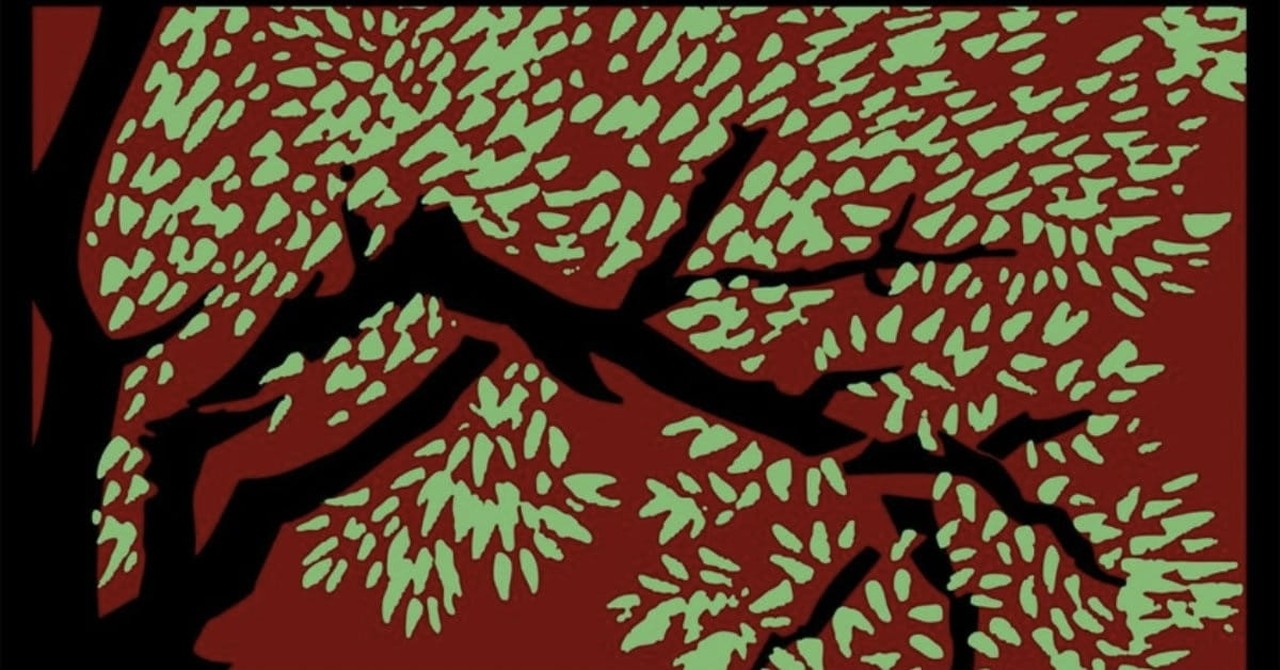
5. "To Kill a Mockingbird" by Harper Lee
SLIDE 5 OF 10
While not as overtly Christian as some of the other books named here, To Kill a Mockingbird nonetheless carries the gospel message wrapped within its pages. Set in Maycomb, Alabama during the Great Depression, and told through the eyes of a girl named Scout, To Kill a Mockingbird reveals the systemic racism of the old south and how its widespread influence led to countless instances of injustice against African Americans. Dig a little deeper into the story, and readers will also find significant examples of courage, integrity, and hope which help to balance this tragic tale.
For Christians, To Kill a Mockingbird offers guidance on a number of prominent social issues which are currently raging in the public square. It shows how fear of the other quickly leads to hatred, while loving your neighbor can take greater courage than we realize. Mournful and stunning in equal parts, Harper Lee’s classic novel is one all readers should cherish.
6. "A Wrinkle in Time" by Madeleine L’Engle
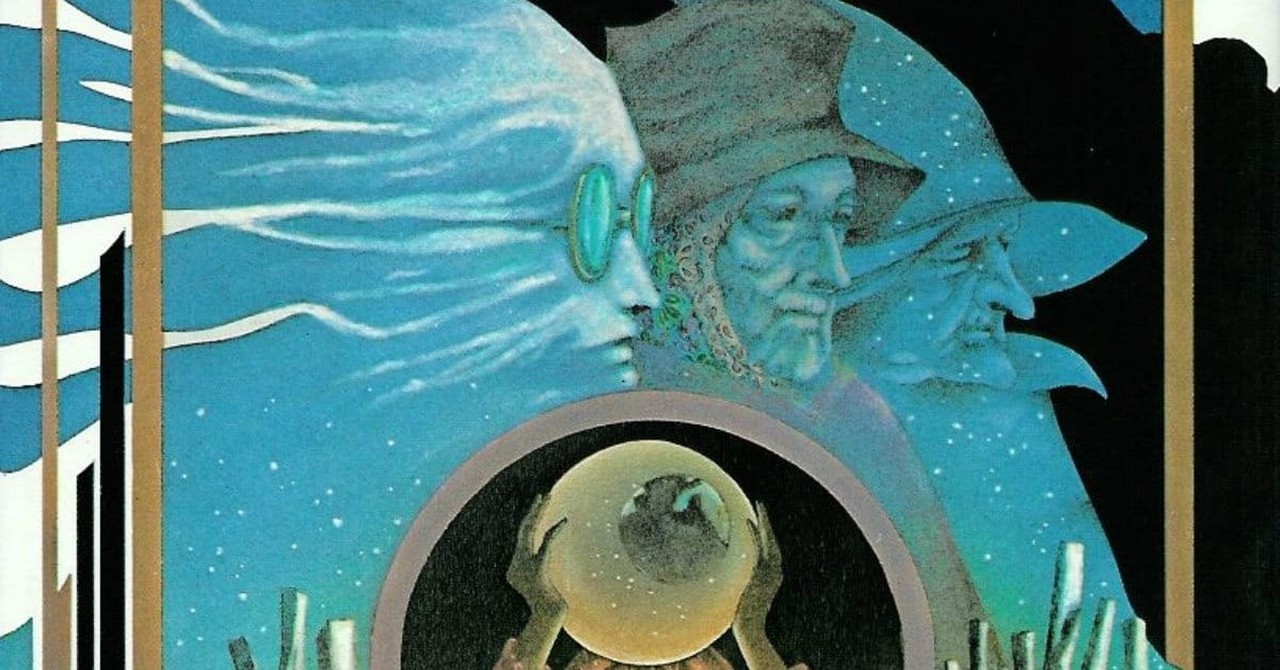
6. "A Wrinkle in Time" by Madeleine L’Engle
SLIDE 6 OF 10
C.S. Lewis and J.R.R. Tolkien are often cited as the progenitors of Christian fiction, but Madeleine L’Engle’s A Wrinkle in Time shaped the genre just as much, if not more. The book centers on a young girl named Meg Murry whose father, a government scientist, has gone missing. When Meg is approached by three mysterious women named Mrs. Whatsit, Mrs. Who, and Mrs. Which, she realizes she must set out on a journey to save her father from a great and terrible power.
A Wrinkle in Time is already beloved by readers for its whimsical nature and smart, female protagonist, but where L’Engle truly succeeds is in her seamless blending of science and faith. The book takes these two forces, so often at odds within the Christian world, and demonstrates how they’re meant to work in tandem. It’s a refreshing change for a story with religious themes, and that accomplishment alone should encourage believers to pick it up.
7. "The Poisonwood Bible" by Barbara Kingsolver

7. "The Poisonwood Bible" by Barbara Kingsolver
SLIDE 7 OF 10
The Poisonwood Bible has long served as a warning against missionary pride and faith-based colonialism. When a Christian family named “the Prices” move from the U.S. state of Georgia in 1959, to the village of Kilanga in the Belgian Congo, they expect to deliver a lifesaving gospel message to the local natives. However, it doesn’t take long for their entire operation to fall apart. The family’s ignorance of local traditions and history undermines them at every turn, as does the father’s pride in his own sense of purpose. In the end, the remaining members of the family are left to contemplate their faith, failures, and experiences throughout their time in Africa.
The Poisonwood Bible is a must-read for anyone considering a life of missions work. It forces readers to consider the nature of the gospel we proclaim, and how easily it can become bound up in nationalism or western ideals. If we are to share the message of God, we must be sure it is not a god made in our own image.
8. "The Giver" by Lois Lowry
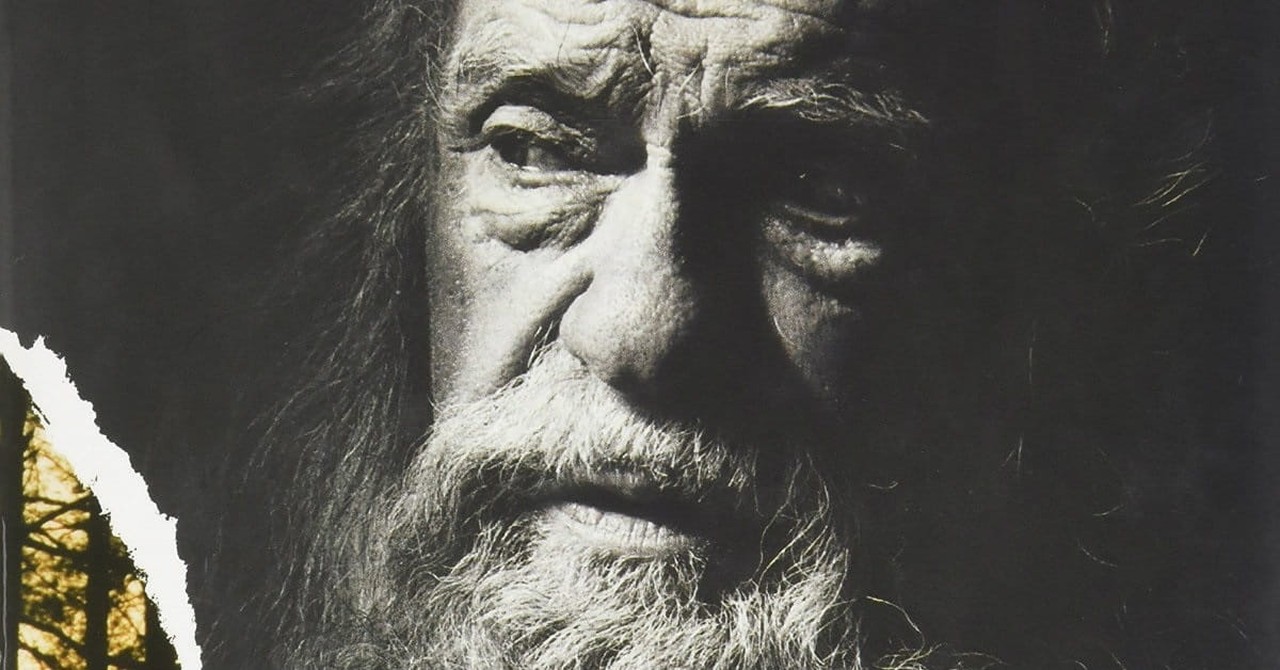
8. "The Giver" by Lois Lowry
SLIDE 8 OF 10
The Giver is another story which avoids anything explicitly Christian, but still carries deep messages about the necessity of love and pain. The novel introduces a 12-year-old boy named Jonas who lives in a utopian community where all children are assigned role after their 12th birthday. To his surprise, Jonas is selected to become the new Receiver of Memory, a mysterious position currently held by an old man on the outskirts of town. As his training commences, Jonas discovers that his perfect village is in fact a dystopian world which has forgotten how to love, feel pain, or even see color, resulting in widespread euthanasia and cultural regression.
This arresting YA-novel asks readers to comprehend the meaning of life’s suffering, and whether humans can truly love without it. Though initially challenged by some for sexually suggestive moments, the book maintains a powerful pro-life message, as well as an appeal to readers to look beyond their idealized worldview.
9. "East of Eden" by John Steinbeck
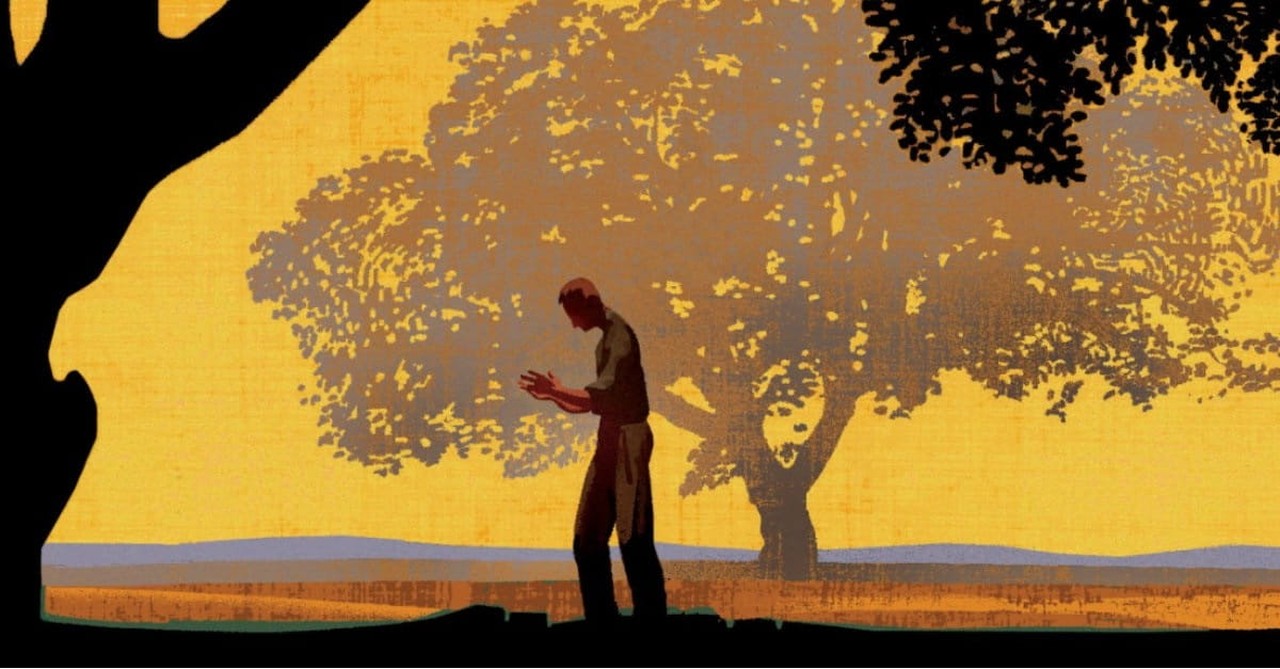
9. "East of Eden" by John Steinbeck
SLIDE 9 OF 10
Too often overlooked, East of Eden is one of Steinbeck’s greatest literary accomplishments and certainly one Christian readers should give more attention. The novel explores mankind’s paradoxical capacity for depravity and self-destruction, but also it’s deep potential for love and forgiveness. Steinbeck largely accomplishes this by recreating the biblical story of Cain and Able, set in the American Salinas Valley around WWI. Chronicling the relationship between two brothers, readers are introduced to a whole host of supporting characters who represent the dueling powers at work in human existance.
Crafted with expertise and brimming with theological commentary, East of Eden dares its readers to recognize and accept their faults.That way, when grace is finally received, there is not only relief, but understanding.
10. "The Brothers Karamazov" by Fyodor Dostoyevsky

10. "The Brothers Karamazov" by Fyodor Dostoyevsky
SLIDE 10 OF 10
Christian readers desiring to be tested both philosophically and theologically should look no further than The Brothers Karamazov. Often cited as the quintessential Russian novel, The Brothers Karamazov engages profound questions about the nature of God, the character of mankind, and the reverberating consequences of sin. Make no mistake, this is a complex and difficult book. However, those who rise to the occasion may walk away with a greater conception of humanity’s inner workings.
In the end, The Brothers Karamazov only asks questions we should be contemplating anyway. It has no tolerance for shallow answers and empty platitudes. Instead, this novel forces the reader to confront their faith with eyes unclouded by politics and ego. It’s a sobering read, but one you certainly won’t regret.
*Published 7/26/2017
Originally published August 15, 2017.






